SPRING 2022 ROUNDTABLE
PRESENTATIONS
Join us on May 17th from 10 AM – 5 PM PST
Keynote Presentation
Disappearing Acts: Saving 20th Century African American Archives…a Moral and Cultural Imperative
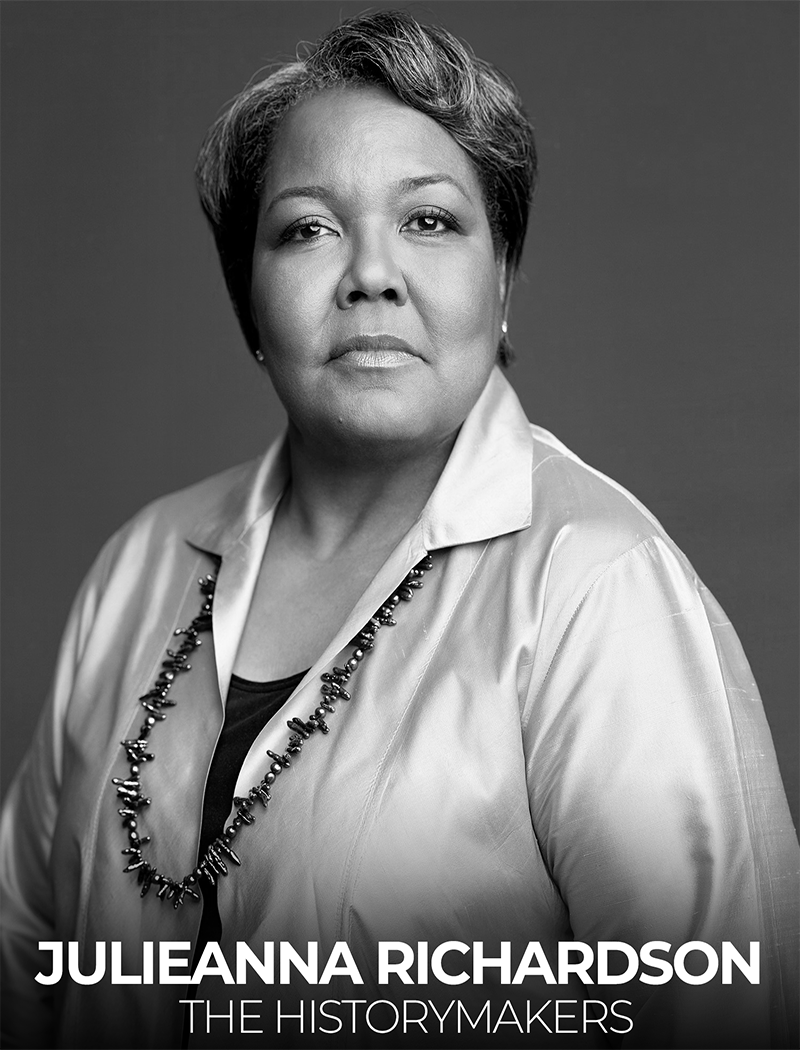
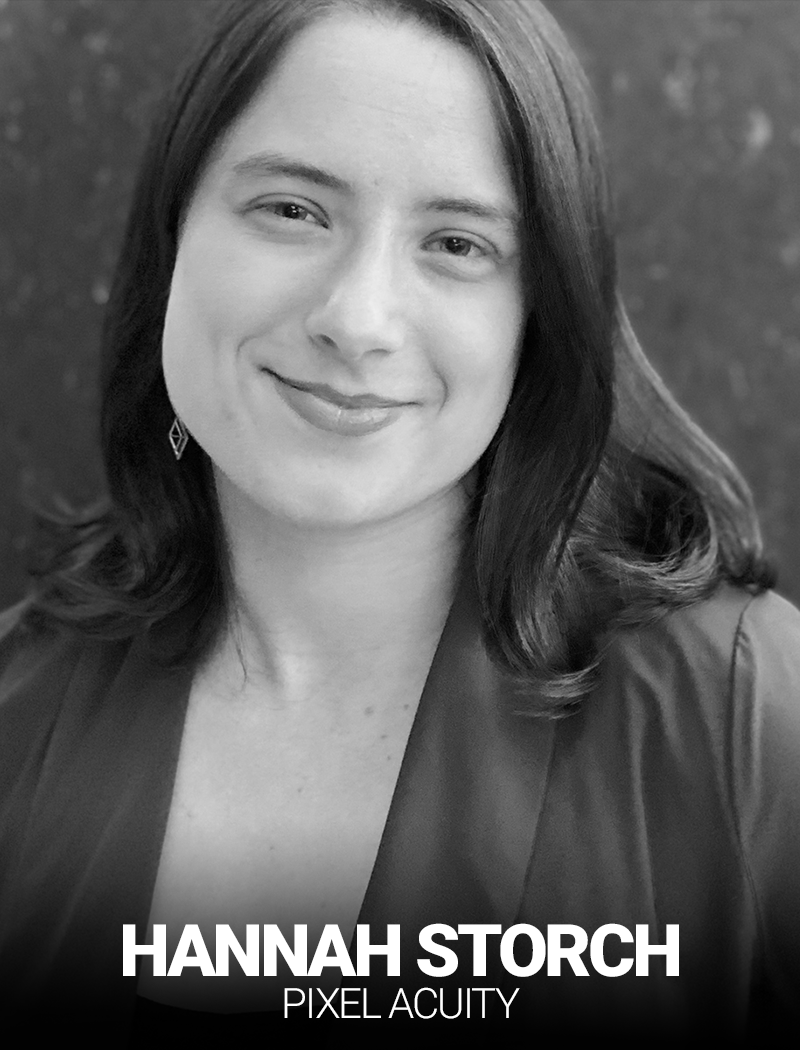
Julieanna Richardson | The HistoryMakers
Hannah Storch | DT Heritage
It has become a major concern that we as a nation are at risk of losing most of the significant archival documentation of 20th-century African American history and accomplishments—a fate that will severely cripple the academic study of African American history and achievement, and a slew of other disciplines that would be left without a complete record of the contributions and innovations pushed forward by African Americans. Many of the most compelling and rich sources are hidden away in the personal papers of African Americans across the country who have never been approached or made aware of the historical value these documents possess. Most U.S. repositories, libraries, archives, and historical societies are already severely underrepresented with regards to their African American collections and holdings. Society as a whole is rapidly becoming a visual culture, and an archive such as The HistoryMakers Digital Archive is committed to being the digital repository for African Americans in the digital age. Given that less than 1% of the over 3,000 accomplished and noteworthy African Americans that we have interviewed have plans for their papers, and that more than 2,000 of the interviewees are age 70 and above, the identification, preservation, documentation, and accessibility of these papers and collections is imperative not only for ensuring a more complete and accurate record of American history but also for the future of scholarship in a myriad of academic disciplines. The HistoryMakers has already assembled the nation’s—and the world’s—largest repository of 20th-century African American oral testimony, but without the support and collaboration of scholars across the globe to surround this collection with the contextual and documentary evidence necessary to provide a better picture of the history these testimonies allude to, our understanding of the past and the future will be hampered.
To help stem the loss, The HistoryMakers has partnered with Digital Transitions / DT Heritage to digitize the personal collections of those it has interviewed, starting with a pilot project that focused on the personal collections of African American singer and actress Etta Moten and her husband Claude Barnett, founder of the Associated Negro Press. The partners at Digital Transitions have accumulated over half a century of hands-on experience digitizing cultural heritage in all its forms, from renowned collections both large and small. Digital Transitions’ DT Heritage services division specialists combined advanced technologies with adaptive workflows to preserve the various materials and historically relevant documents that highlight and contextualize the lives and careers of Etta Moten and Claude Barnett. The deep expertise held by DT Heritage is reflected in its advanced workflow software, which leverages artificial intelligence (AI) and a multivariate processing pipeline to deliver best-in-class optical character reading, metadata and deliverables.
This presentation will provide background on The HistoryMakers, the contents of Etta Moten and Claude Barnett’s personal collections and their historical significance as well as the workflows used to preserve it and the technology applied to address the collection’s unique challenges.
The Fine Art of Documentation: Ancient Gem Photography Reimagined
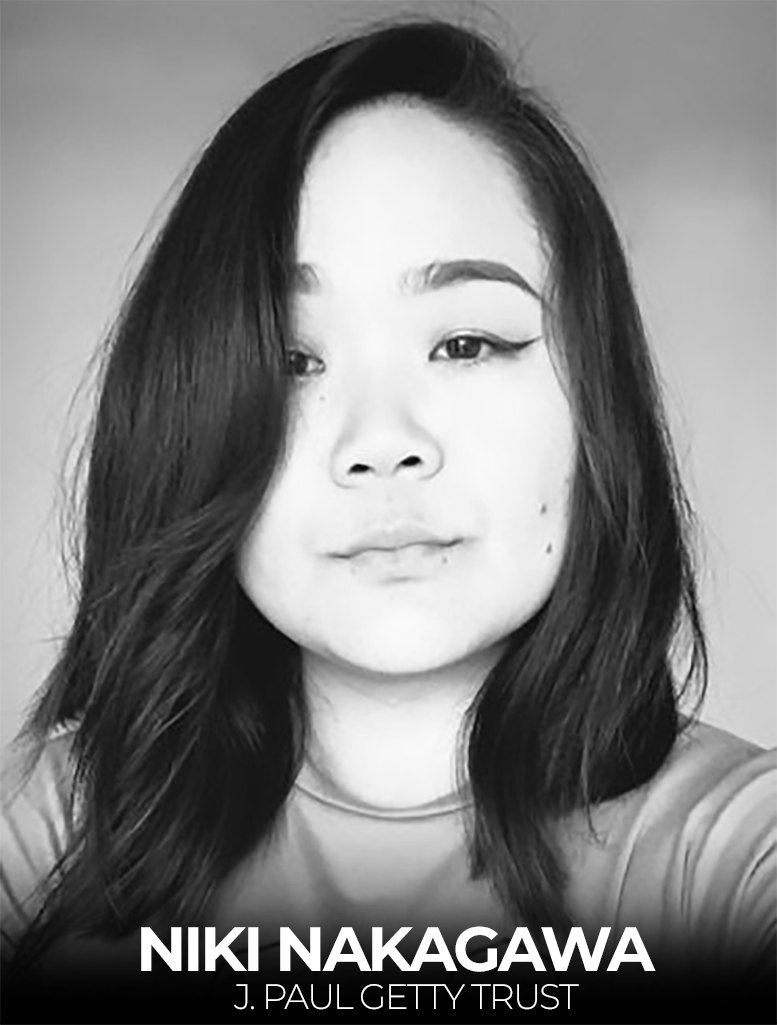
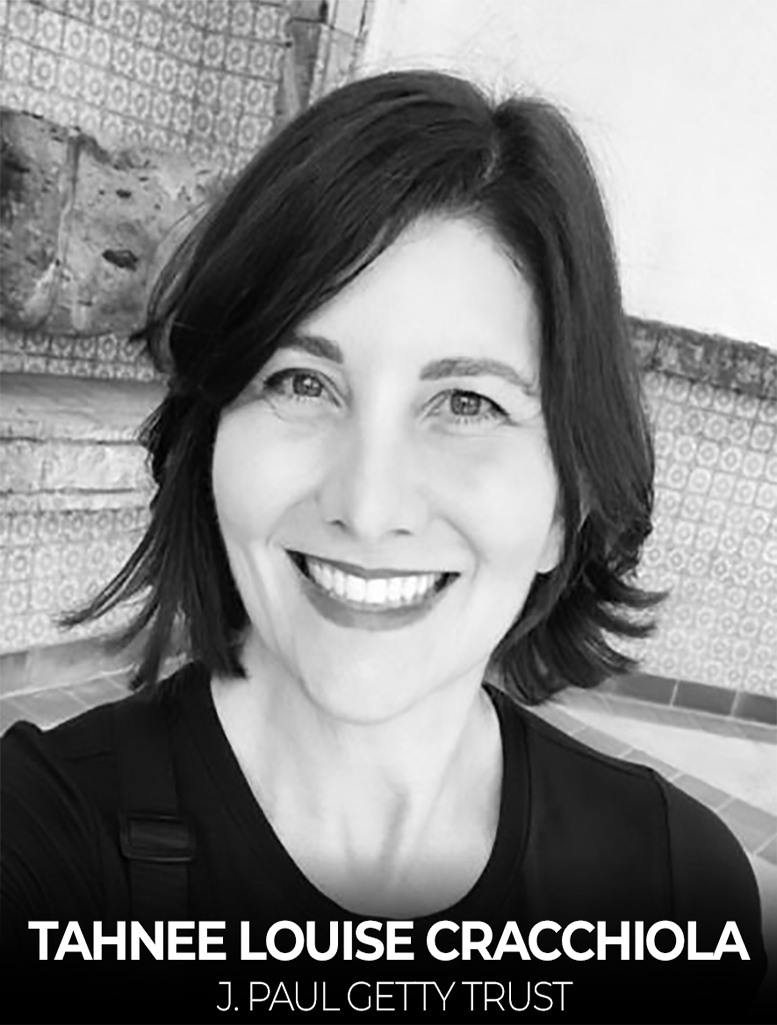
Niki Nakagawa | J. Paul Getty Trust
Tahnee Louise Cracchiola | J. Paul Getty Trust
“These gems have life in them: their colors speak, say what words fail of.” — George Eliot (Mary Ann Evans)
The Getty Villa Museum’s antiquities collection was redesigned in the Spring of 2018. Each gallery was reinstalled chronologically offering a new journey through ancient Greek, Roman, and Etruscan art. The past displays of gems, jewelry, and coins were reimagined with advanced technologies of high-end digital photography merged with the iPad platform to showcase these intricate objects. Photographers, curators, and designers combined their expertise in the production and implementation of Digital Labels to enhance the visitors’ experience. Included in this mass digitization project and reinstallation were a collection of ancient-engraved gems, which proved to be some of the most difficult pieces in the collection to capture properly. In their exploration of rephotographing the gem collection, the Getty Villa Imaging Studios expanded their practice of innovative lighting techniques and redefined the cross-section of cultural heritage documentation, discovery, and fine art. In this presentation, Niki Nakagawa (Photographer) and Tahnee Cracchiola (Imaging Manager) will walk viewers through their gem photography workflow—from set build, lighting, to final capture, while maintaining the careful balance between accurate cultural heritage imaging and beauty photography.
Photographing Cultural Heritage Objects and Fine Art: Non-Profit to Commercial
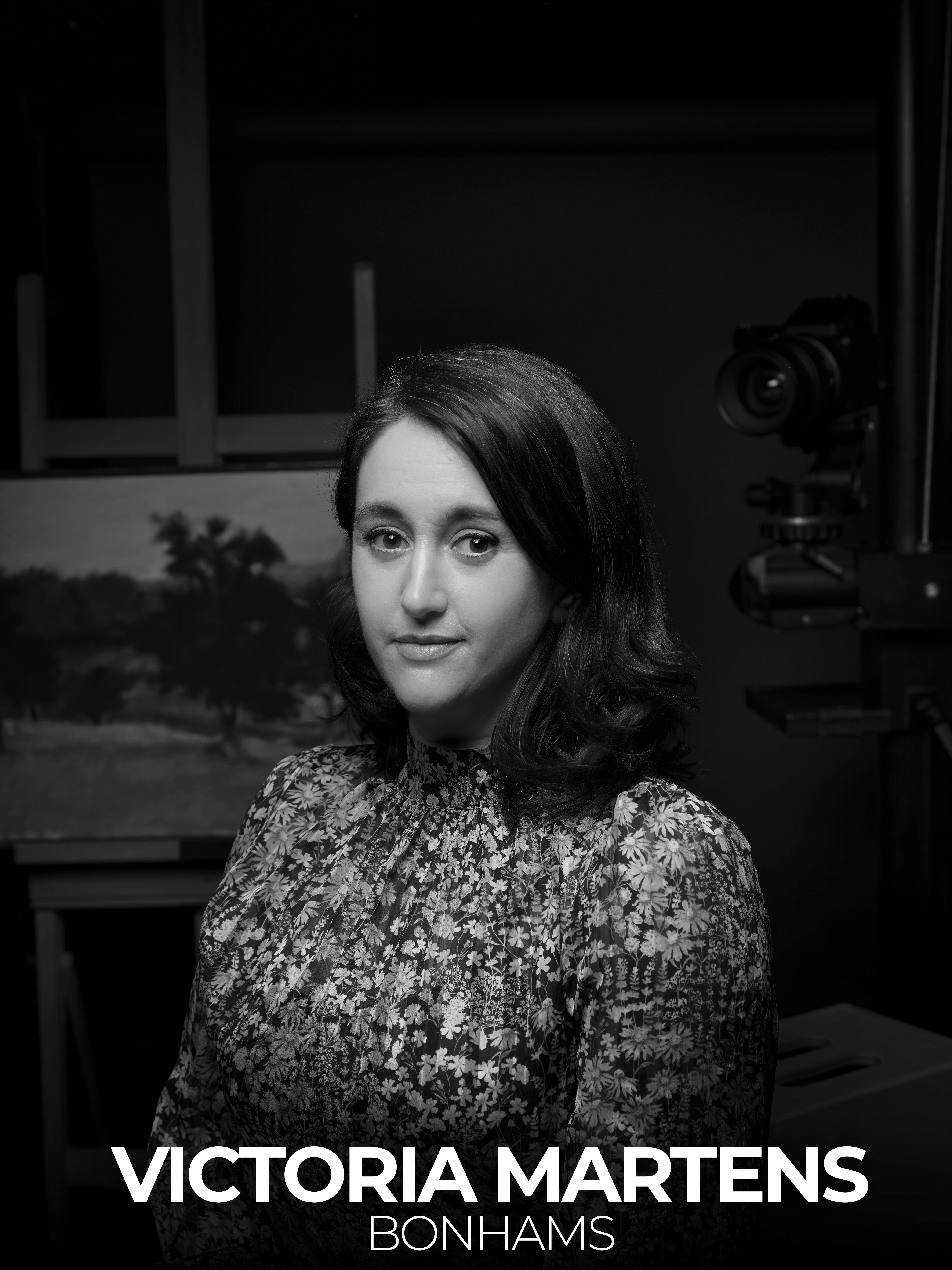
Victoria Martens | Bonhams
I plan on discussing how my experience as a collection photographer working in museums prepared me for the shift in my career- transitioning to work in an auction house. I would like to highlight the similarities that overlap between the two fields for example: a demand for accurate color management and expert lighting skills along with the physical handling of objects. I can also discuss the differences that I have experienced, such as a higher volume of image requests and more urgent deadlines and the varying emphasis and compromise that impact the two fields in question.
Practical AI: Case Studies in Using Artificial Intelligence to Save Time, Make Discoveries, and Surface Interesting Topics for Human Investigation

Doug Peterson | Digital Transitions
Artificial Intelligence is upending what is practical and possible in the digitization and description of heritage collections. Digital Transitions has invested heavily in adding a variety of AI features to DT PixelFlow with a focus on practical and useful results. In this presentation Doug Peterson, the Head of R+D and co-owner of Digital Transitions, will discuss case studies on AI projects we’ve recently completed for three clients: Estonian National Archives: Finding commonly occurring and notable faces in the a collection of 112,000 film images National Geographic Society: Mining the text and photos of expedition scrapbooks for dates, places, and keywords.
JOIN OUR CELEBRATION
OF CULTURAL HERITAGE
Reserve your seat for one of the year’s most inspiring,
educational, and empowering events for digitization.
Day(s)
:
Hour(s)
:
Minute(s)
:
Second(s)

